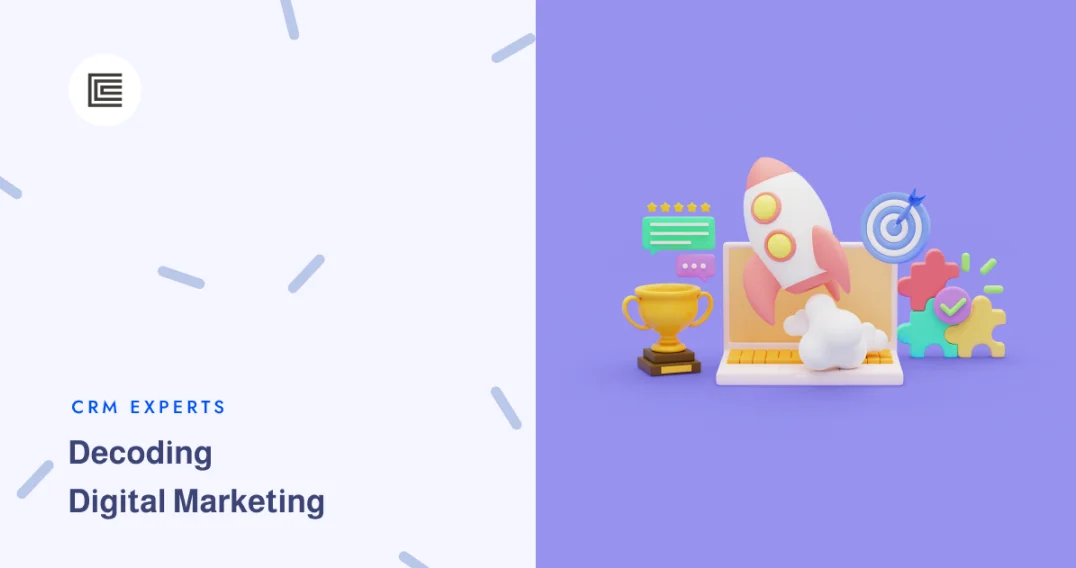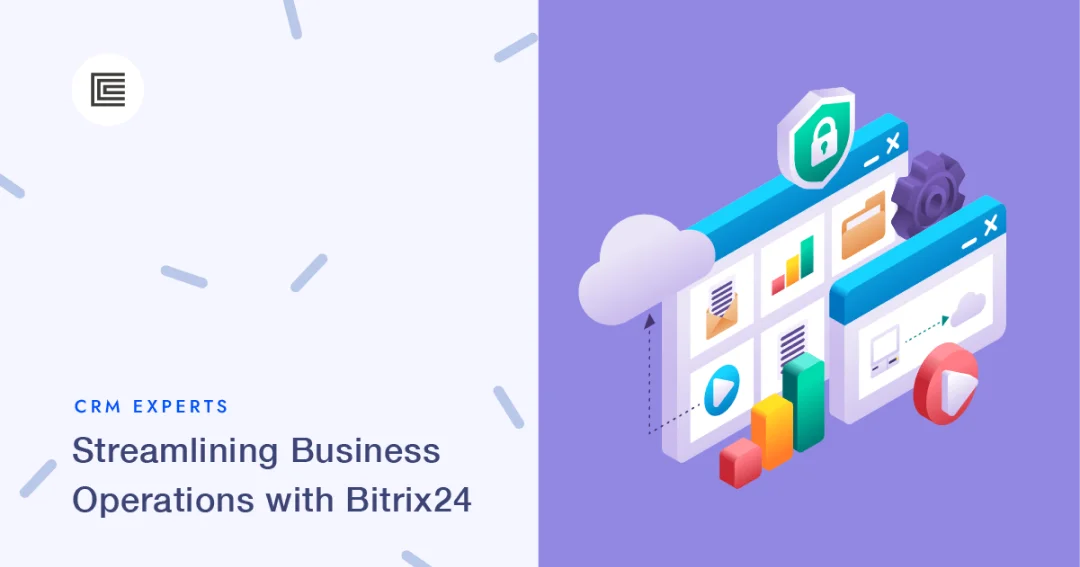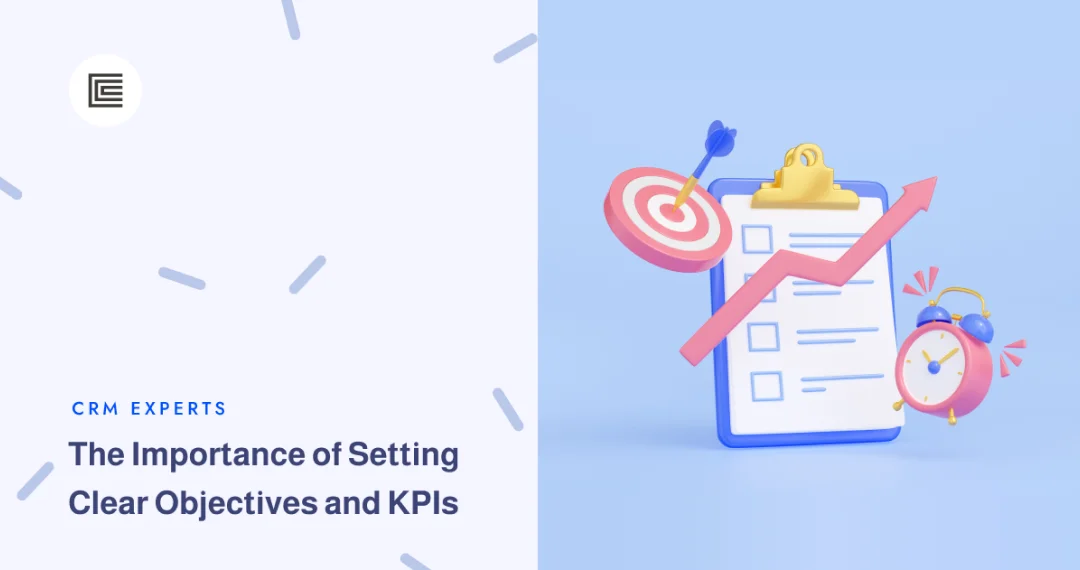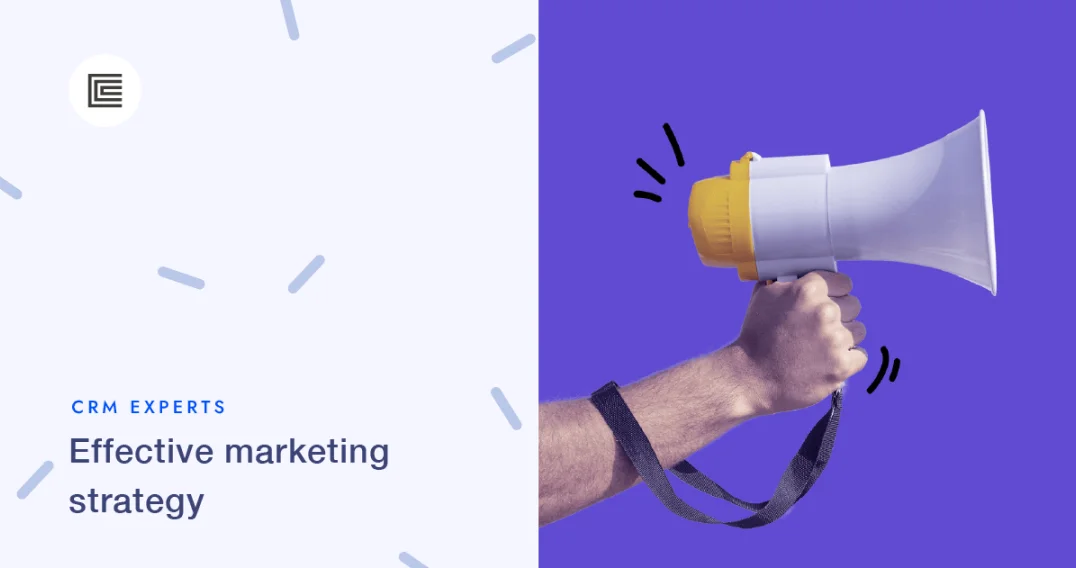No products in the cart.
Table of contents
- Introduction
- The Cornerstones of Digital Marketing
- SEO (Search Engine Optimisation)
- PPC (Pay-Per-Click)
- SMM (Social Media Marketing)
- How to Choose a Digital Marketing Strategy
- The Role of a Digital Marketing Agency
- Conclusion
Introduction
Welcome to the world of digital marketing, where billboards make way for browser tabs and tweets replace television ads. In today’s day and age, digital marketing is not only the present but also the future of advertising. With digital marketing, businesses can establish their online presence, engage with potential customers, and ultimately increase their ROI. So, if you want your store to have a visible online presence, then make way for digital marketing. Stay with us as we take you on a journey to decode the confusing maze of SEO, PPC, and SMM, and understand how a digital marketing agency can make all the difference.
The Cornerstones of Digital Marketing
In the ever-evolving world of marketing, three key components are SEO, PPC, and SMM. SEO, or search engine optimisation, is all about making your website more visible in search engine results by using keywords and other tactics. This leads to more visitors, increased brand recognition, and better returns on investment.
PPC, or pay-per-click, is another vital component of digital marketing. By placing paid ads on search engine results pages, you can instantly attract potential customers to your website, without the wait times commonly associated with SEO.
Lastly, social media marketing (SMM) allows you to connect with potential and existing customers on various social media platforms. By engaging with your audience and offering valuable content, you can build relationships and promote your brand.
While each of these strategies has its benefits, choosing the right one depends on your specific business needs and goals. This is where expertise from a digital marketing agency comes in handy. They can assess your unique situation and recommend a tailored solution that works best for you.
SEO (Search Engine Optimisation)
You may have heard of SEO, but what exactly is it? Search engine optimisation is all about improving your website’s visibility in search engine results. This means that when someone types a query related to your business, you want your website to show up. SEO is what makes that happen. The benefits of SEO are clear: a well-optimised site attracts more visitors, leading to increased brand awareness, more conversions, and a higher return on investment. Plus, unlike paid advertising, organic search results offer long-term benefits. So, if you want to increase your website traffic, SEO is a key strategy to focus on.
PPC (Pay-Per-Click)
Understanding PPC: You know those ads that show up at the top of search results? That’s pay-per-click advertising. You bid for ad placement and only pay when someone clicks on your ad. The primary advantage of PPC is instant visibility. While SEO takes time to show results, PPC offers immediate traffic. Plus, you have control over your ad spending. Set your budget and adjust it as needed. PPC gives you quick, predictable results and complete control over your spending. Advantages of PPC? Instant visibility and complete control over your spending.
SMM (Social Media Marketing)
What is SMM?
Social Media Marketing (SMM) refers to the practice of promoting content on social media platforms to increase brand visibility, engagement, and website traffic. The main goal is to create a direct line of communication between the brand and its target audience.
Importance of SMM
With over 4 billion social media users, SMM is a powerful tool that allows brands to connect with potential customers in a more organic way. SMM helps businesses to increase brand awareness, drive website traffic, and generate leads. It also provides a platform for businesses to engage with customers and receive valuable feedback. A strong SMM strategy can give brands a competitive edge, as social media platforms constantly evolve and provide new opportunities for businesses to connect with their customers.
How to Choose a Digital Marketing Strategy
Choosing the right digital marketing strategy can be overwhelming, but it doesn’t have to be. Take the following factors into consideration to determine the best approach for your business.
First, you need to understand your target audience. Who are they, and what are they searching for? This will help you tailor your marketing efforts to reach them effectively.
Next, define your goals. What do you want to achieve with your digital marketing efforts? Do you want to increase brand awareness, generate leads, or drive more sales? Your goals will help you determine which strategies will work best for you.
Thirdly, determine your budget. Your budget will affect the types of campaigns you can run and the channels you can use. Be realistic about what you can afford, but don’t be afraid to invest in high-quality campaigns that can yield great results.
Lastly, assess your competition. What are they doing in terms of digital marketing, and how can you differentiate yourself? You want to stand out and offer something unique to your audience.
By considering these factors, you can make an informed decision about which digital marketing strategies will work best for your business. And if you need help, a digital marketing agency can provide expert guidance and customized solutions to help you achieve your goals.
The Role of a Digital Marketing Agency
When it comes to digital marketing, a top-notch agency can be your secret weapon. But what can they actually offer your business? Here are the key benefits:
Expertise and Knowledge: A good agency has a team of experts with in-depth knowledge of the latest trends and technologies in the industry. They have the skills and expertise to assess your business’s unique needs and create a customized strategy that best fits your goals and budget.
Data Analysis and Strategy: In today’s digital world, data is everything. Marketing agencies use advanced analytics tools to track and analyse customer behaviour online, identify trends, and create a better marketing strategy. They can pinpoint the exact channels, keywords, and content that your business needs to focus on to achieve your goals.
Customized Solutions and Implementation: An agency’s goal is to provide you with customized solutions and not a one-size-fits-all strategy. They work to create a tailored approach that employs a combination of SEO, PPC, social media, and content marketing tactics to deliver the results you want.
In short, a digital marketing agency can provide you with a strategic, data-driven approach to digital marketing, with expertise, knowledge, and the benefit of experience.
Conclusion
Summary of Digital Marketing Strategies: SEO, PPC, and SMM are the cornerstone strategies of digital marketing. They enable businesses to boost their online presence, drive traffic, and maximize conversions. However, an effective digital marketing strategy requires a deep understanding of the audience, budget, goals, and competition. To achieve success, businesses need the support of a digital marketing agency, which provides expertise, data analysis, and customized solutions. Importance of a Digital Marketing Agency: In today’s fast-paced digital landscape, partnering with a digital marketing agency is crucial for businesses to thrive and succeed. With a digital marketing agency, businesses can stay abreast of the latest trends, maximize returns on investment, and gain a competitive edge.





